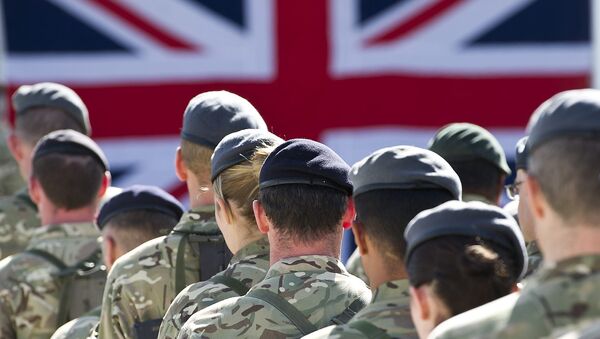Senior defence analyst Major Charles Heyman said, "Wearing uniforms makes it easier for potential jihadists to carry out on-the-spot crimes. There are certain places in the UK where it would be foolish for serving soldiers to go in uniform."
An unnamed military source claimed that, "They are worried of another Woolwich-style attack [a soldier was rammed with a car and beheaded]. The security services are terrified that soldiers are going to be targeted so soldiers have been warned not to wear their uniform outside military bases. We have been told it could be imminently stepped up to ‘critical".
Troops received the orders via email. Another unnamed source said the email, "warned us not to advertise to anyone we do not know that we are in the armed forces and also that we must not allow anyone without ID into Army bases. Other units have been told the same. They think there is a going to be a random attack."
In late July, two knife-wielding men attempted to kidnap a soldier near the Marham airbase in eastern Britain as he was jogging at night. The attackers fled after the soldier defended himself. The soldier described the attackers as having "Middle Eastern features." The order to not wear uniforms includes travel between bases, and set off a wave of protest on social media, with some calling the move a capitulation to terrorism.
John Woodcock, Labour MP said, "Our military personnel will understandably follow the immediate safety advice they are given but ministers must understand people want our brave troops to be loud and proud in their communities, not being forced to hide away. It would be a stomach-churning victory for the terrorists if their cowardly attacks resulted in a permanent ban on our servicemen and women displaying their uniforms in public."
Soldiers have also been advised to "scrub" their social media accounts of evidence of military service.



